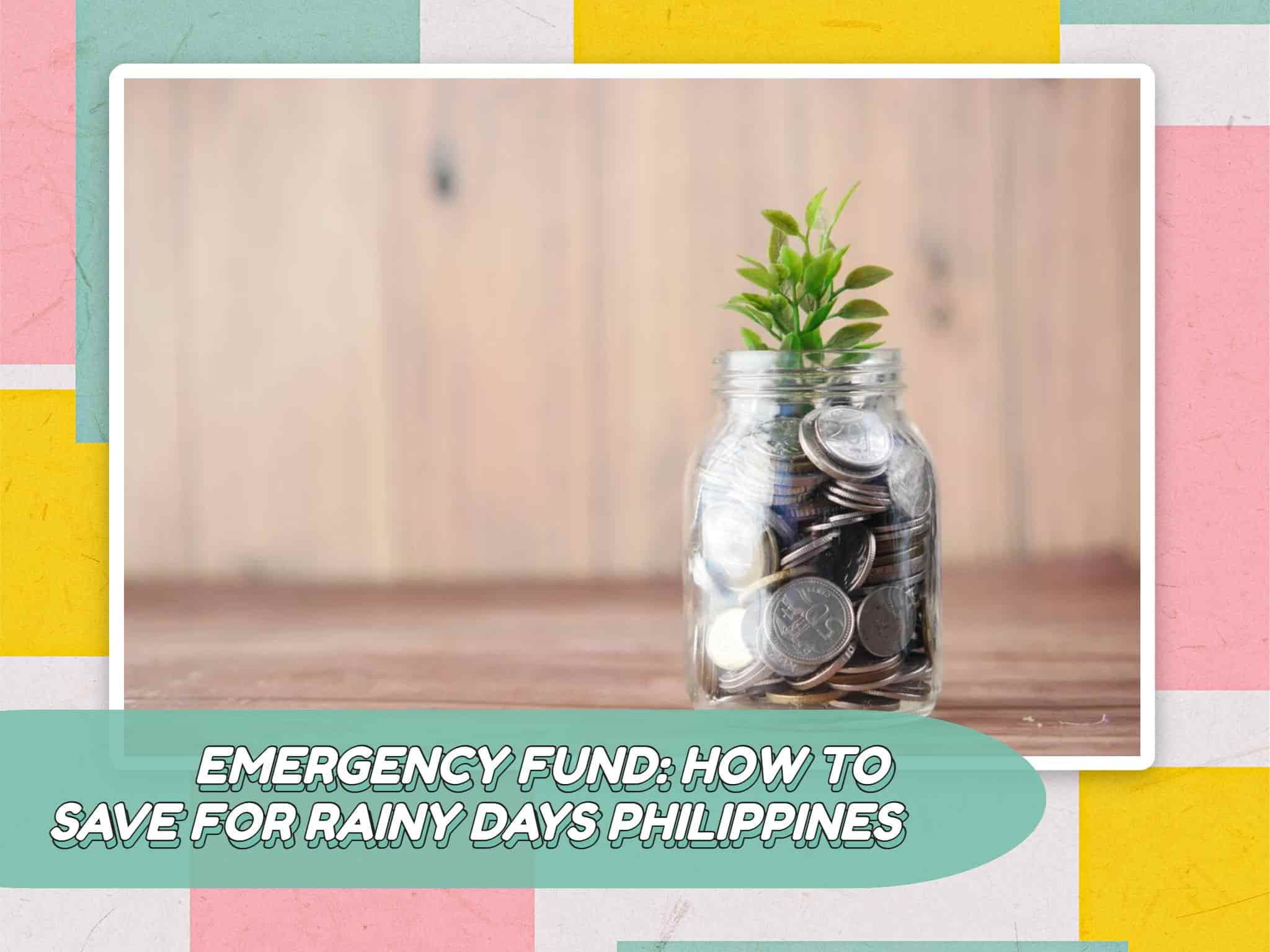Emergency Fund: How To Save For Rainy Days Philippines
We can’t avoid uncertainties. Life throws anything unexpected at our way as we live day to day. What happens when these unforeseen situations happen? How financially prepared are you to meet them?
This is what the emergency fund is made for. It is an important in any financial plan.
What you’re about to read are banking products you can open as your reserves of cash for this purpose, the reasons particular to Filipinos on why there is a need for such funds, and emergency situations that are unique to the Philippines.
What is an Emergency Fund?


Emergency fund is a source of money to be used when unplanned financial expenses occur. It is set aside for the rainy days, that’s why it is also called the rainy day fund. It prepares you to be ready for life’s unexpected events that can be inconvenient and costly.
Personal Crises
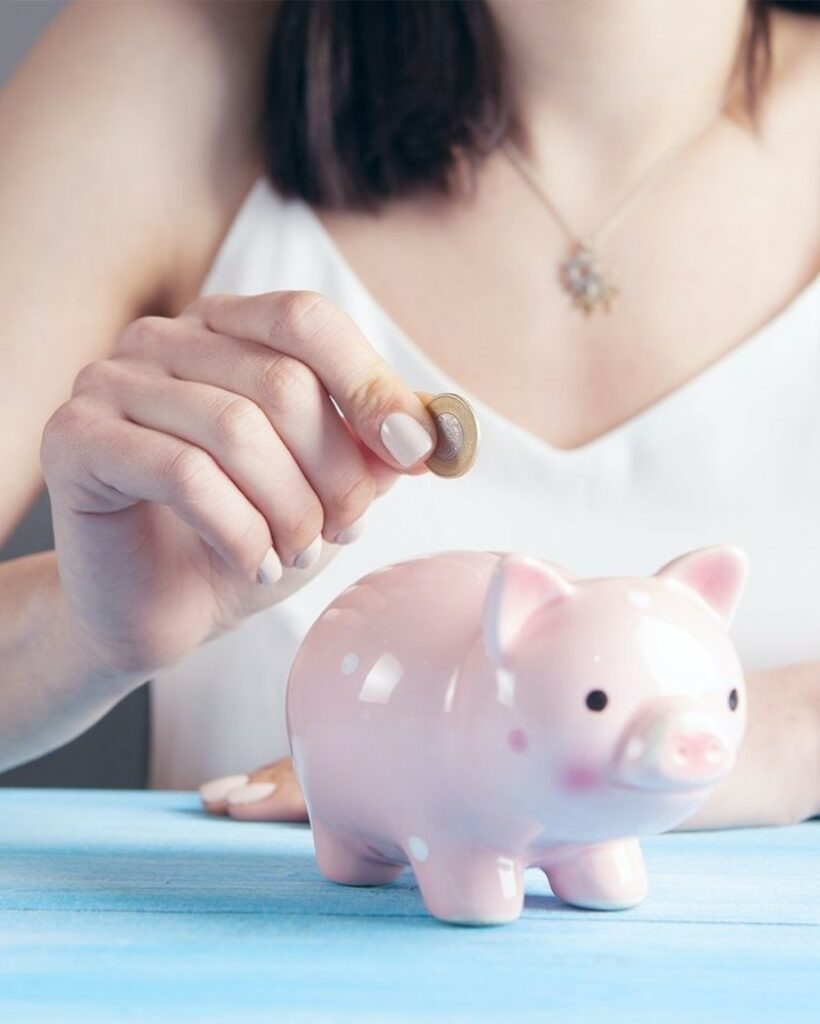
These are any situations that prevent you from earning an income or that lead to getting a lower take-home pay.
This could be due to job loss because of company shutdown, downsizing, resignation, or under-employment; illness; hospitalization; accident-related injuries; permanent disability; or death.
They can also be caused by slowdown or closure of your own small business or the loss of a part-time job. A few other crises can also be a direct result of your decisions such as taking part in a failed business venture or maturing debts.
Family Concerns
These are anything that do not cause loss of income but are untimely situations that can be huge expenses or anything that can result to lower income for the household.
These are house and vehicle repairs, unemployment of the spouse, health issues such child’s serious sickness, and travel expenses to visit a sick parent or family member.
Natural disasters
These are events that you do not have any control such as flood, fire, and spread of a new infectious disease like the novel coronavirus Covid-19. And there are many emergency situations that are specific to the Philippines such as volcanic eruptions (like the recent Taal volcano), earthquakes, and seasonal typhoons.
Unexpected Travel
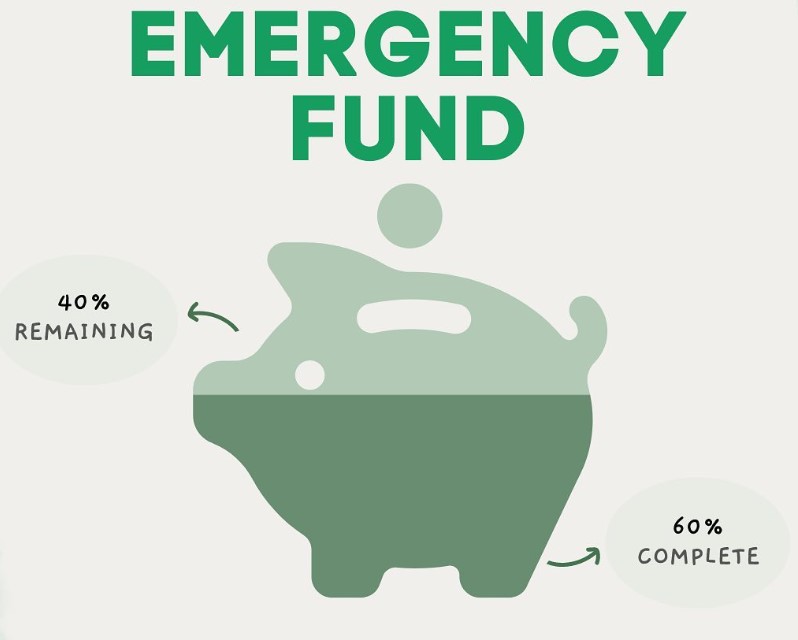
There might be instances wherein you need to travel unexpectedly, aside from your planned vacation. These can be family emergencies where you need to visit your immediate family, or other instances. It is better to have an emergency fund for these unexpected travels.
Vet Bills
For individuals who have pets, it is very well known that trips to the vet are not affordable. Medicines and laboratory expenses for your furry friends can cost just like how a human would be paying for his hospital expenses. So, saving enough money for these unwanted events for your furry loved ones can even be life saving for them.
Car Repairs
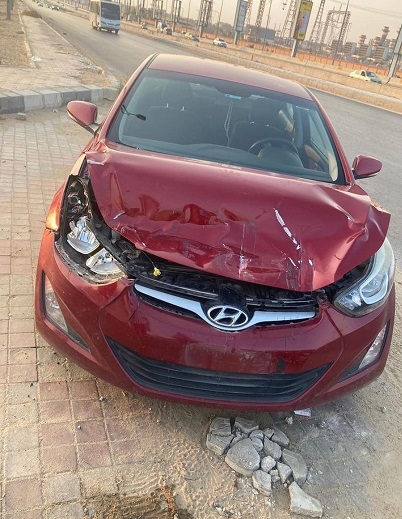
We know that not everyone in the Philippines have their cars insured, so having your car repaired will definitely come from your pockets. A car repair would be starting at around Php2,000 and more depending on the damage.
House Repairs
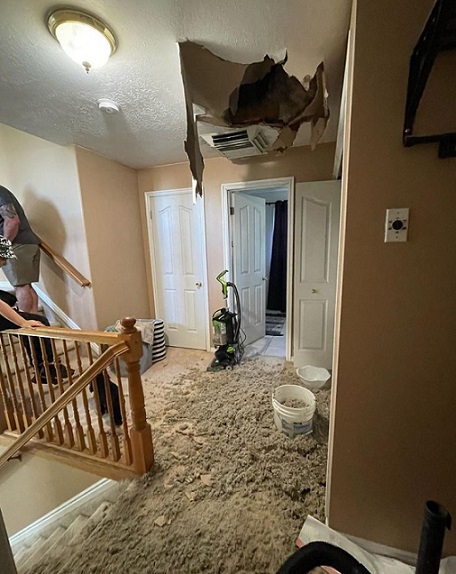
This reason is quite related to natural disasters that we have mentioned above. In the Philippines, we usually have 10 or more typhoons coming inside the country in a year. So, having an emergency fund for house repairs is vital to keep your family comfortable even after a disaster.
Unexpected Bills
I would say that unexpected bills can be medical bills, increased fuel prices, high electric and water bills. Fuel expenses vary from week to week, so you have to be prepared for certain bill increases like these.
Peace of Mind
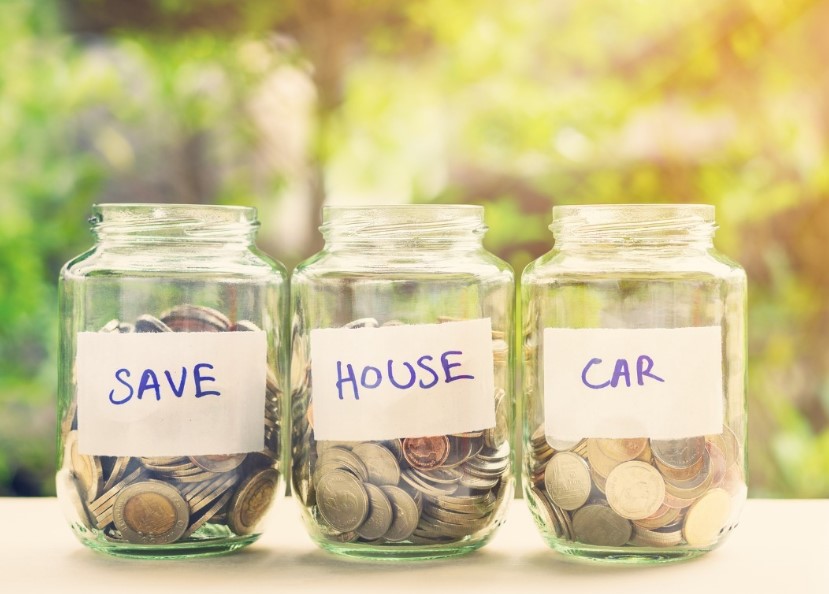
Lastly, having an emergency fund will definitely give you peace of mind. You know that you always have something for you and your family to spend in whatever crisis that may come. These funds can help support you for a certain period of time while you recuperate with all the expenses that have cost you.
Difference Between Emergency fund and Insurance
But if you do have an insurance, do you still need an emergency fund? The answer is yes. Getting insured and emergency fund are crucial to sound financial planning. They manage the risks of any untoward life events because they soften the impact of emergency situations.
An insurance policy, however, does not cover all situations, and there is a chance that a claim can be denied. It might also take some time before you are going to get paid by the insurance company. This is where emergency fund plays its role; it is a cash ready to be used at any moment’s notice and when a pressing need occurs.
Benefits of An Emergency Fund
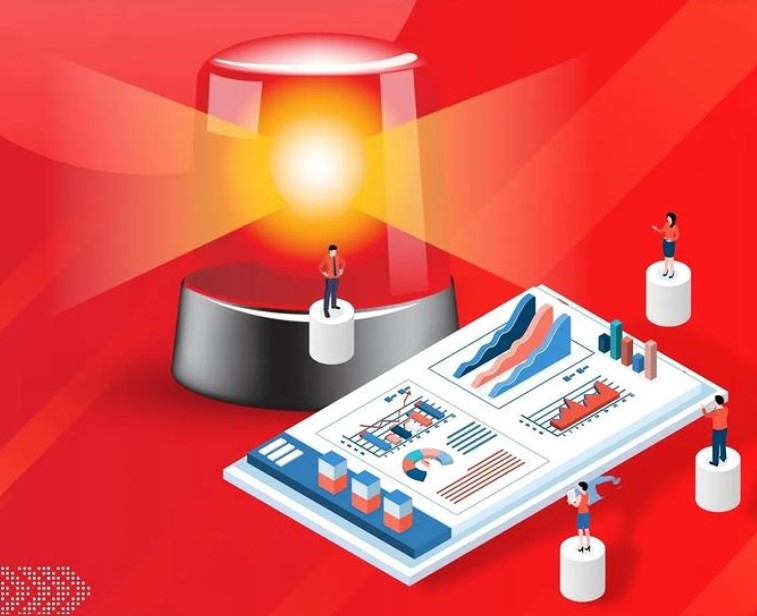
All of the situations above can be a huge strain to your finances. An emergency fund allows you to plan ahead and manage them should they occur, as it serves as your financial cushion.
It prevents you from making financial decisions that might not be to your advantage. These are the advantages of having a well-stocked account for the rainy days.
- available cash during emergency
- makes you independent and not too reliant on aid
- lessens the personal toll emergencies will have on you such as worry and mental stress
- protects your financial plan that you set in place, ensuring that your goals are still on track
- avoids making sudden but bad financial decisions
What are the consequences if you don’t have any rainy day fund? You’re more likely to need help from family and friends. While they may be willing to help you out on a few occasions, you might grow too reliant on their assistance if you do run to them every time you are in a bind. Your personal relationship might also take a hit and be at stake because you’re dependent on and exceeds the limits of their goodwill.
Perhaps another possibly bad consequence is that you can’t avoid getting into debts and personal loans. They can be a burden to your future income, especially when they are acquired with high interest.
Another effect of not being prepared for any unexpected circumstances is that it can lead you to commit some bad decisions out of necessity, which could derail your financial plans.
For instance, you might be forced to redeem your stock investments, mutual funds, UITF, exchange traded fund or even your variable universal life policy at a down market and get your money at a loss.
You would probably also see the need to dip into your life savings, which would prevent you from using them to the financial goals that you’ve intended them for. Or you’d have to cash out from your retirement account such as your Personal Equity and Retirement Account and get charged by fees and tax penalties.
How Much Money Should You Have In Your Emergency Fund?
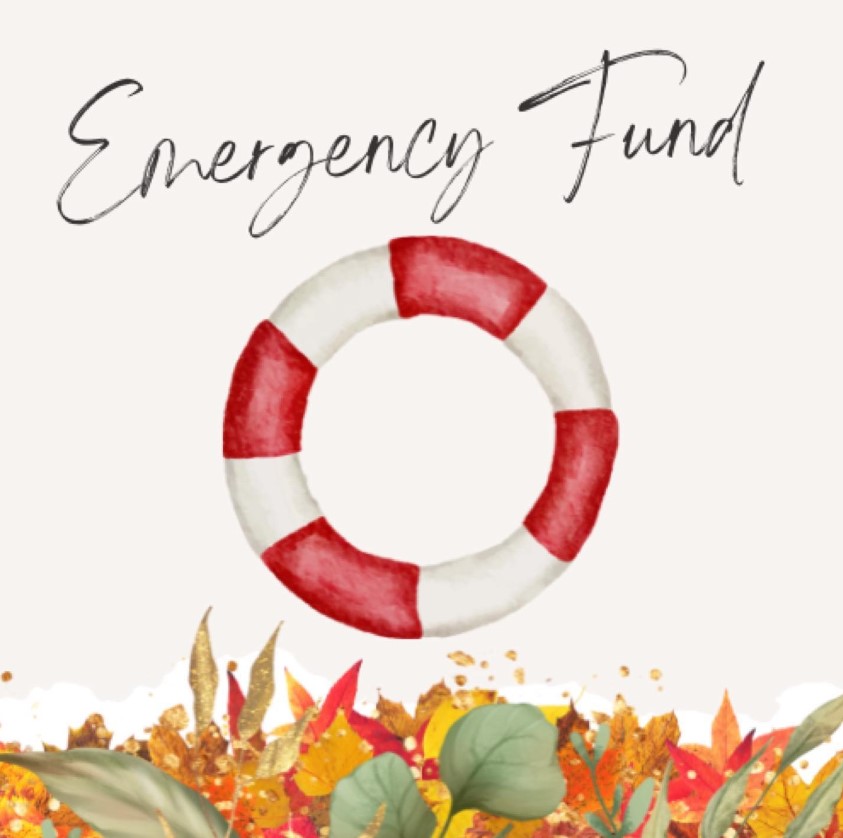
You can start with a minimum of three (3) months’ worth of your income. In reality, the size of your emergency fund depends on many things. For example, a breadwinner of a family with three children should have savings larger than that of a single professional with no dependents.
- Good: at least 3x of your monthly income (equal to 3 months)
- Better: at least 6x of your monthly income (equal to 6 months)
- Best: at least 12x of your monthly income (equal to 1 year)
The rationale behind this recommendation is that should you experience any emergency, you’ll have at least three months where you still have a source of money for your needs. For example, if you’ve just resigned from your job, you’d still have funds that you can use for the next 90 days to look for the next job.
There is a maximum too. Too large a rainy day fund might deprive you of the opportunity of earning more from your money. Again, this is dependent on your circumstances and personal choice.
How To Start Building Your Emergency Fund
There are no secret tips on how to save up for your emergency fund. You just have to get started.
And you don’t really have to plunk down a huge amount. Commit to set aside any spare bills for this purpose and it’s going to grow if you stay consistent. You can start building it up through the following:
- a small portion from your salary
- windfall from gifts, bonuses, and incentives; basically any cash that is not part of your recurring income
- earnings from side hustle, part-time jobs, and small business
- money earned from passive income such as dividends, royalties, rental income
- refunds that you receive at the end of year from any excess of the withheld tax
Where To Save Your Emergency Fund?
So what is the best way to keep your rainy day fund? First, it must be kept either in the form of cash or an account that is highly liquid, meaning that it can be converted to cash easily. Since there is so much cash that you can keep, the some banking products are suitable for emergency fund.
Savings accounts are your first option. They’re easy to open with very few documentary requirements (such as a valid identification card). They also come with either an ATM card or passbook, so you can withdraw your money any time through machines or over the counter.
If you think that you have more than enough savings for any emergencies (such as in excess of 6 month’s worth of income) and you would want to earn modest returns while still retaining the ability to get your money any time, you may want to check money market funds.
They’re invested in liquid, relatively low-risk assets such as short-term debts between banks and treasury bills.
When you’re selecting the money market fund for this purpose, look for a fund that does not have any sales load, low management fee, and has no holding period so that you can redeem your savings without being charged with an exit fee.
Just bear in mind though that it usually takes days before you can withdraw your money, so again this is only suitable for any excess of the level of emergency fund that you think you need.
Start your Emergency Fund Now!
It is important that you start saving for an emergency fund as soon as you can. You can start small and then build it over time. Once you have what you think is enough, then you can begin letting your money work for you through investing.
Read More:
Reasons Why You Are Not Saving Philippines 2022
How Much to Save Monthly to Earn 15M Pesos in 20 Years Philippines
Awesome Tips In Knowing Your Financial Status in the Philippines

